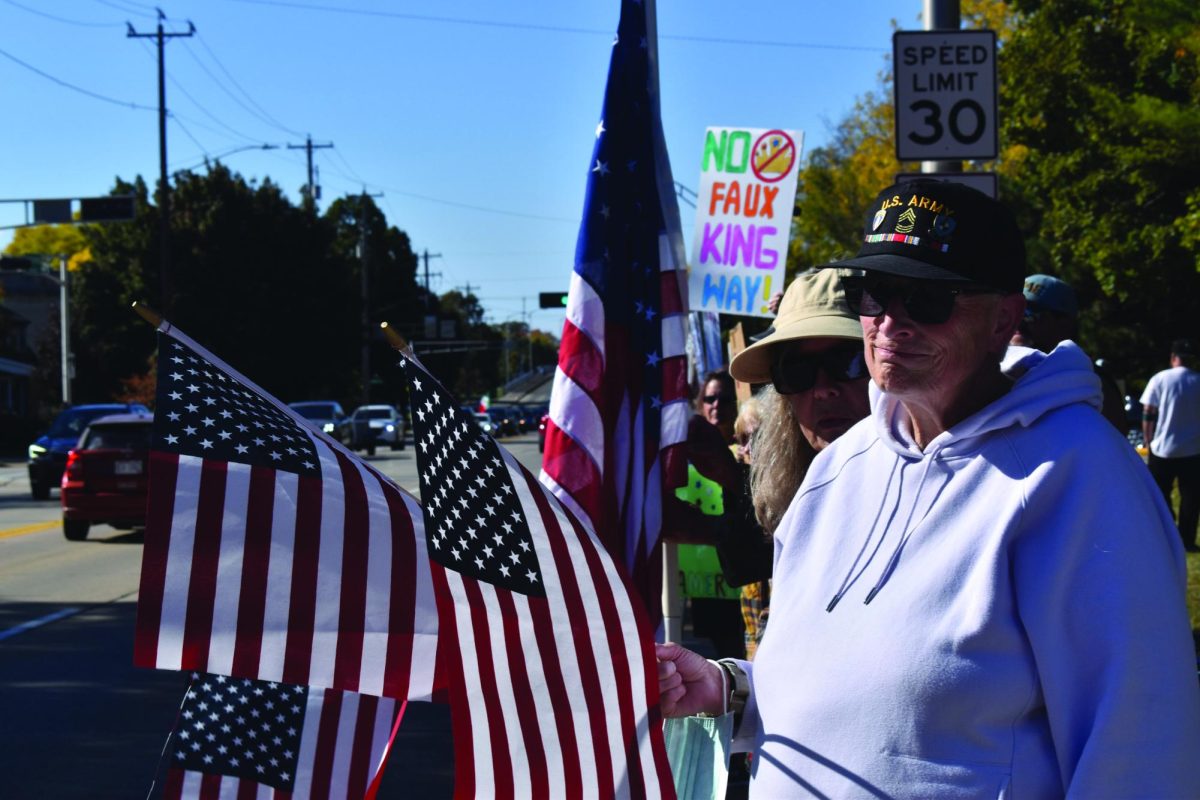UW Oshkosh gives students a variety of places to study abroad, all which have the opportunity for safety concerns. The UW Oshkosh Office of International Studies gives safety advice and policies for students to follow during their study abroad trips. Kelsey McDaniels, the study away coordinator for UW Oshkosh, said students who intend to study abroad should pay attention to orientation classes that are geared toward the place they are going. We have an online orientation for all of our programs that students are required to go through before they study abroad, and as a part of that we have them look at the current Center for Disease Control information, McDaniels said. We recommend that they see their doctor before they go abroad, to make sure theyre up-to-date on all their immunizations. Marissa Sutter, a student who has studied abroad in Italy and Tanzania, said she was told how to stay safe in orientation. My Tanzania [trip] was a group trip so we were always in a group, Sutter said. We were told to pack our stuff safe and to not travel at night. With purses always have side shoulder bags with metal in them so they cant get cut. Sutter also said students shouldnt give away their personal information to ensure their safety. Dont give people your address, even taxi drivers, just say you are going to this corner, Sutter said. McDaniels suggested if a student needs to travel at night, or is lost, they need to be mindful of their surroundings to avoid trouble. Be aware of signs, McDaniels said. Signs will be in English. The main areas that [students] are going to are tourist areas. Be sure to not stand out too much. McDaniels gave some tips on the best ways to stay safe while traveling abroad. You want to stay in well lit areas, and public areas, McDaniels said. Always carry a map because our phone may die, or lose Wi-Fi. McDaniels said most crimes that take place are non-violent, such as having an item stolen from you. Like someone asking you to take a picture for them so you set down your backpack and someone will come and take it, McDaniels said. McDaniels said the trips the Office of International Education offers are not to places that are overly dangerous. We dont plan any trips to countries with travel warnings, McDaniels said. We are only sending students [to places] that are safe to travel to. According to McDaniels, the reason students may run into having stuff stolen is because students are in big cities with more chances for pickpockets to target them. Here you might leave your purse on the back of a chair, youre not going to worry about it. McDaniels said. If youre in a big city somewhere else someone could easily come by and take it. According to McDaniels, if a student becomes injured or falls ill during a study abroad trip, which is a rare occurrence, they are covered by International Health Insurance, which is included in the program fee. The insurance will help them with medical costs abroad and also includes policies for the student to be flown back home in emergency medical situations, McDaniels said. McDaniels also said students are to obey the countrys laws and will be responsible for any fines and ramifications if they broke any laws. The University would not have any influence over the law authorities in another country, McDaniels said. If a student were in legal trouble, they would need to contact the U.S. Embassy. If a student on a program breaks one of the Universitys rules, they could be sent home. Tarrah Boston, a student at UW Oshkosh who studied abroad in Germany and has backpacked through Europe, said to it is best to try to blend in, to avoid trouble. If you look like you dont know what you are doing, and look like a tourist, people are going to prey on you, Boston said. According to Boston, the experience is not as frightening as it sounds. She said students are brought out of their comfort zone and that is what makes the experience scary, but what students gain from the experience is worth the slight discomfort. When you are going outside of your comfort zone and things are different than how it normally is, its kind of scary sometimes, Boston said. I would say that my first night in Amsterdam I was terrified. According to McDaniel there are still programs available for Spring interim and summer if any students are interested.
Categories:
Students practice safety while abroad
February 25, 2016
0
More to Discover








